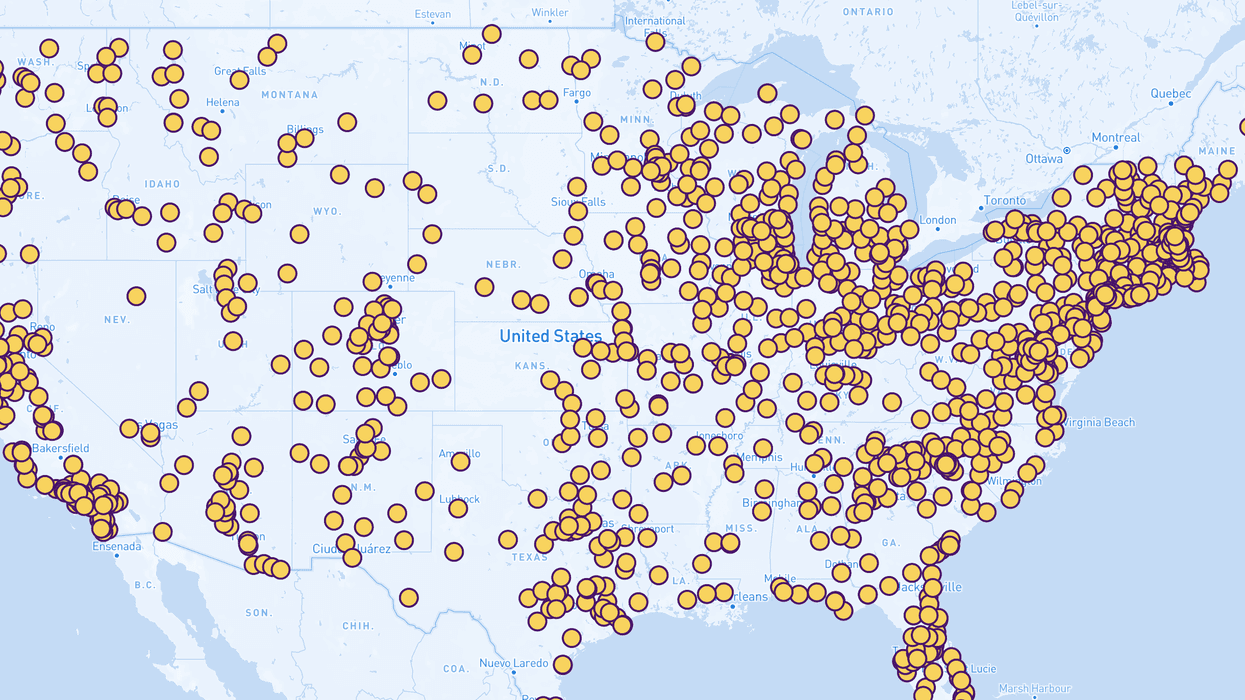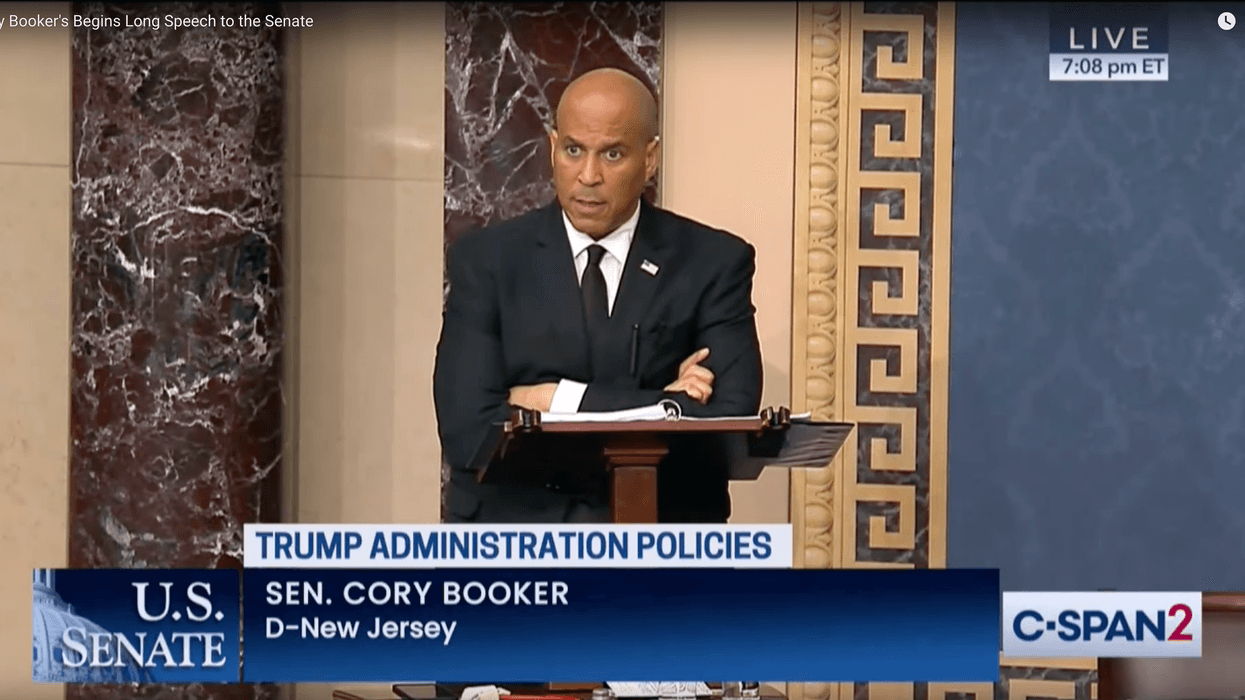'Good Trouble Lives On' at Anti-Trump Protests in 1,600 Cities Across US
"They want to rule by fear," said one advocacy group. "We will respond with power, people, and purpose. "
As the Trump administration attacks immigrant communities, working families, and the rule of law and brings the United States "to a crossroads," as one organizer said this week, rights advocates across the country are set to attend the fifth annual National Day of Action in honor of the late congressman and activist John Lewis on Thursday—with plans to get into "Good Trouble" in defense of democracy.
This year's event, held on the fifth anniversary of the Georgia Democrat's death, is titled the Good Trouble Lives On National Day of Action, after a demand from Lewis—who worked alongside civil rights leader Martin Luther King Jr. in the 1960s—for Americans to get into "good trouble" by taking part in nonviolent protests to challenge in justice.
"Find a way to get in the way," Lewis said in 2020 said in 2020, just a few months before his death, at an event marking the 55th anniversary of the historic voting rights march in Selma, Alabama, where he was arrested in 1965. "Get in good trouble, necessary trouble, and help redeem the soul of America."
Lewis made his celebrated remarks in the final year of President Donald Trump's first term in office, and organizers this year are rallying around the growing nationwide opposition to Trump's anti-immigration, pro-billionaire agenda to encourage Americans to attend rallies and other events in every state in the country.
A flagship event will be held in Chicago Thursday evening, with a livestream of the rally set to begin at 7:00 pm local time. Other anchor events will take place in Atlanta; St. Louis; Annapolis, Maryland; and Oakland, California—but those are just a few of the 1,600 cities and towns where advocates plan to hold rallies and other nonviolent actions.
Good Trouble Lives On actions are being held in the wake of Senate Republicans' latest attack on programs that serve ordinary Americans and people around the world: the passage of a bill to rescind $9 billion in already-approved congressional funding for public media and foreign aid programs.
As Common Dreams reported Wednesday, the administration has also sparked alarm over voting rights and a potential plan to interfere with elections in 2026 by embarking on an "unprecedented effort to collect data on voters."
Trump's attacks on immigrants across the country are also continuing in full force, as Immigration and Customs Enforcement agents make arrests at courthouses and carry out raids at farms, schools, medical facilities, and residential communities. Despite earlier claims that the administration would target violent criminals in its mass deportation and detention operation, arrests of immigrants with no criminal record have surged—with the administration refusing to adhere to constitutional law guaranteeing due process for everyone in the United States.
"They want to rule by fear," said One Fair Wage, an advocacy group for service workers, ahead of the protests on Thursday. "We will respond with power, people, and purpose. We are not spectators to history. We are the makers of it."
Organizers said the "streets, courthouses, and community spaces" where the Trump administration has waged its attacks will be the sites of the protests.
The day of action also follows the passage earlier this month of Trump's massive domestic policy package, which includes permanent tax cuts for wealthy Americans and corporations—at the expense of low- and middle-income households. The package includes cuts to Medicaid and the Supplemental Nutrition Assistance Program, a $45 billion expansion of immigration detention facilities, and a termination of green energy programs, among other provisions.
"The attacks on our communities, the assault on the rule of law and democracy, and the greedy acts of corporations and billionaires have led us to a crossroads," said Lisa Gilbert, co-president of the consumer advocacy group Public Citizen. "And as a result, we are asking people around the country this Thursday to make good trouble."


